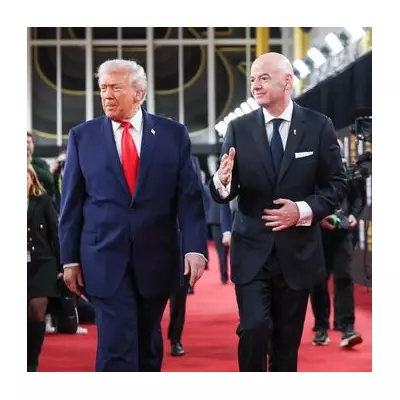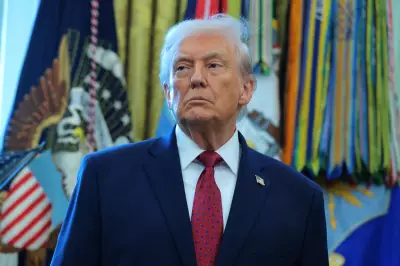
In a revelation that raises serious questions about presidential competence, former Fox News personality Pete Hegseth has disclosed a startling geographical blunder made by Donald Trump during his time in the White House.
The Pacific-Mediterranean Confusion
According to Hegseth's account, the former president genuinely believed the Pacific Ocean bordered Middle Eastern countries, confusing it entirely with the Mediterranean Sea during high-level discussions about regional policy.
"This wasn't just a minor slip of the tongue," noted political analysts. "We're talking about fundamental geographical knowledge that any world leader, particularly one engaged in complex international diplomacy, should possess."
Context of the Geographical Gaffe
The embarrassing revelation emerged during what should have been a routine policy discussion about Middle Eastern affairs. Instead, it became another moment highlighting Trump's much-criticised grasp of basic global geography.
Hegseth, a staunch Trump ally and frequent defender, shared this anecdote seemingly unaware of how it reflected on the former president's fitness for office. The disclosure comes from someone who regularly appeared on television praising Trump's leadership capabilities.
Pattern of Geographical Misunderstandings
This isn't the first instance of Trump displaying questionable geographical knowledge:
- Previous confusion between Asian countries and their regional relationships
- Multiple instances of misidentifying European nations and their locations
- Historical misunderstandings about basic world geography during public speeches
Political opponents have seized on the revelation, suggesting it demonstrates why Trump's foreign policy decisions often seemed erratic and poorly informed.
Broader Implications for Leadership
The incident raises legitimate concerns about how such fundamental misunderstandings might have influenced actual policy decisions affecting international relations and military strategy in one of the world's most volatile regions.
As one foreign policy expert commented, "When you're dealing with complex diplomatic and military situations in the Middle East, not knowing which body of water borders the region isn't just embarrassing—it's potentially dangerous."





